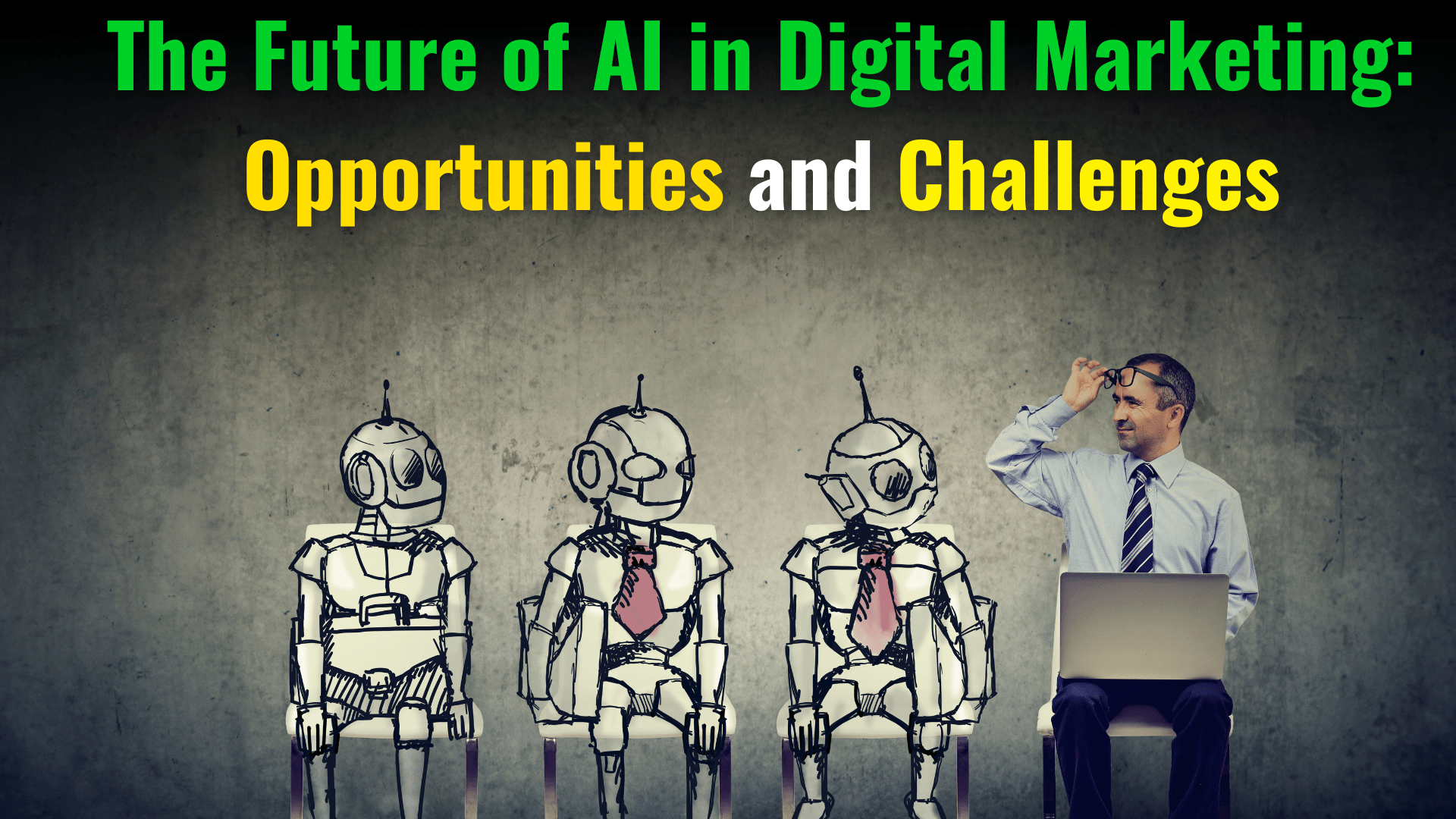
The Future of AI in Digital Marketing: Opportunities and Challenges
AI developments are revolutionizing marketing efforts, automating content generation, employing predictive analytics, and reacting to customer support concerns in digital marketing. AI-powered programs such as Jarvis and Grammarly assist content creators with brainstorming, editing, and creating blog posts.
AI also aids in client segmentation based on age, income, and other criteria, generating insights into customer behavior and purchasing trends. However, issues such as data privacy, the quality of AI-generated information, and the need for human interaction continue to be issues. Despite these hurdles, AI continues to transform digital marketing, necessitating marketers’ adaptation of their methods.
In this blog, we try to explain the future of AI in digital marketing. We hope that my information is useful for everyone.
How AI is Revolutionizing Digital Marketing
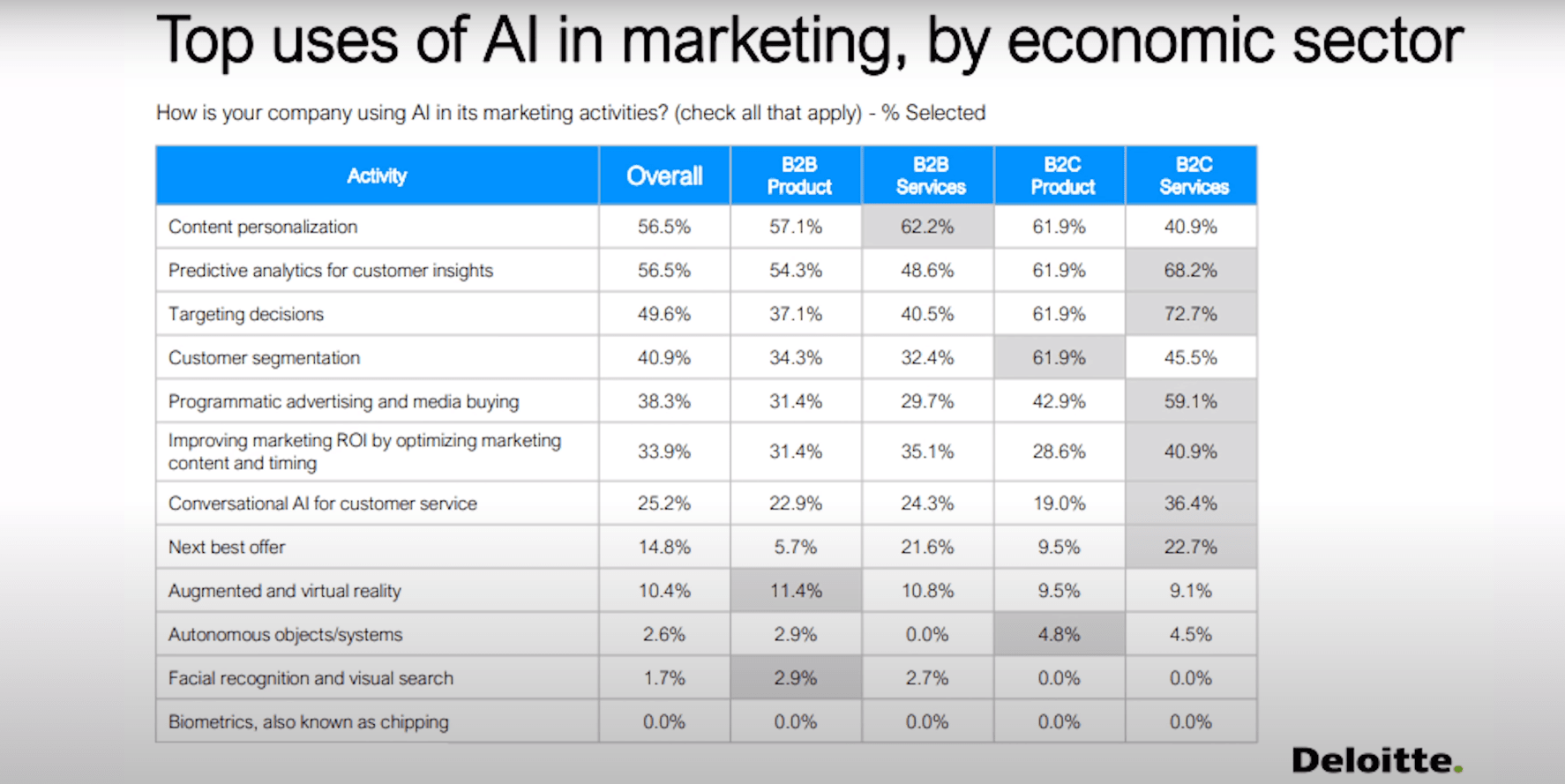
According to a recent survey, 61% of marketers have incorporated AI into their marketing strategy. 80% of business and tech leaders have reported an increase in productivity due to AI. So, how exactly is AI changing the landscape of digital marketing? Let’s delve into it.
Content Automation
One of the significant ways AI is transforming digital marketing is through content automation. Today, there are AI tools that can create blogs, generate headings for your website, and even convert text content into voice. This has made starting a business less daunting and more efficient.
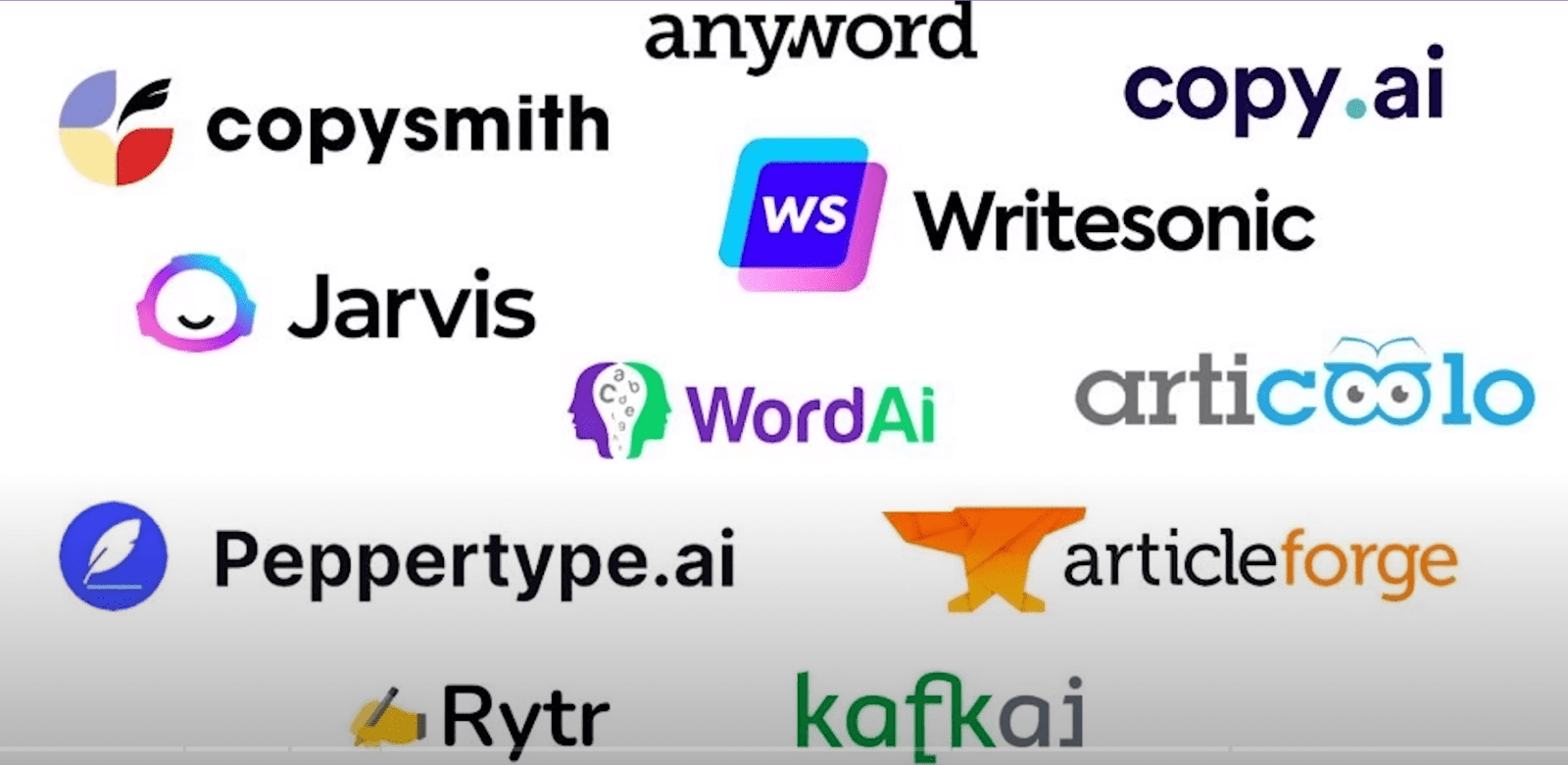
Moreover, AI can also help in creating social media posts. This has led to a significant change in the industry.
The Technical Aspect
The revolution in content automation began with the advent of OpenAI. This neural engine can write content like a human by scanning the internet, reading blogs and websites, and understanding them.
One of the popular applications of this technology is GPT3. It works by researching the internet based on the question you ask and providing an answer.
The Challenge with AI-Generated Content
While AI has been a game-changer in content generation, it’s important to note that you can’t always rely on the facts provided in the AI-generated content.
The reason is, that AI gathers data from the internet, and not everything written on the internet is true. This can be a significant challenge, especially for digital marketers who rely on SEO-optimized results that appear on Google.
The Role of AI in Copywriting
AI has proven to be extremely useful in generating copies for Facebook ads and headings for clients’ websites. The quality of copywriting is so good that it’s hard to believe it’s AI-generated.
Training the AI Model
To generate written content, many tools majorly work on GPT3. OpenAI provides a platform on which a layer is made that trains OpenAI on what type of content needs to be generated.
Impact on Social Media
There are apps available now that can create social media posts for specific occasions like Christmas. These apps provide options to add logos, thumbnails, etc., making social media marketing more efficient and personalized.
Predictive Analytics
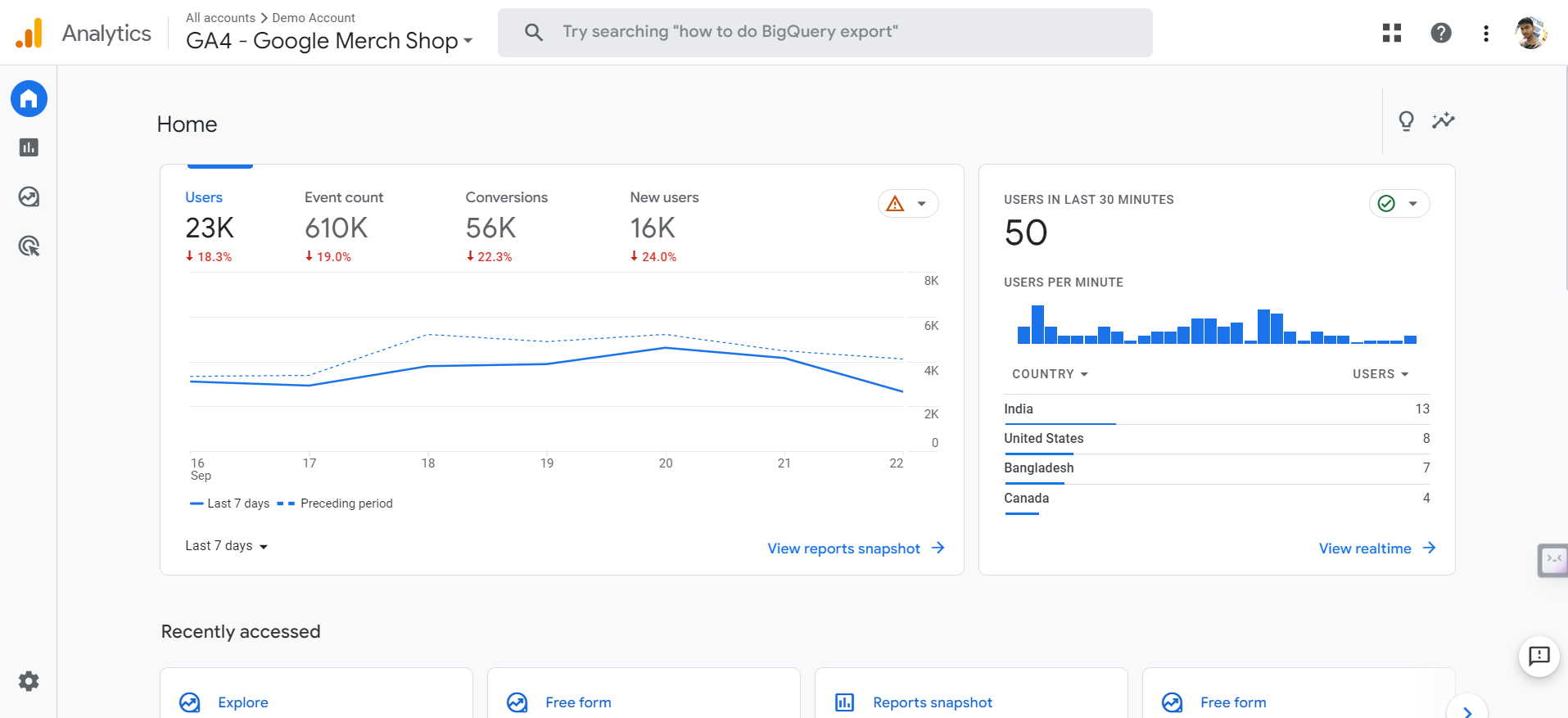
As privacy concerns grow, more users are opting out of tracking, making it challenging for marketers to gather data. This is where predictive analytics comes into play.
For instance, Google Analytics 4 (GA 4) uses AI to predict user behavior based on the limited data it can track. Even if only 40 people are tracked on your website, GA 4’s AI might predict that 60 people visited based on the behavior of similar businesses.
Predictive analytics can be a game-changer for marketers, especially for sales forecasting and strategy evaluation. It can help you predict your revenue six months down the line or evaluate the effectiveness of your current strategy.
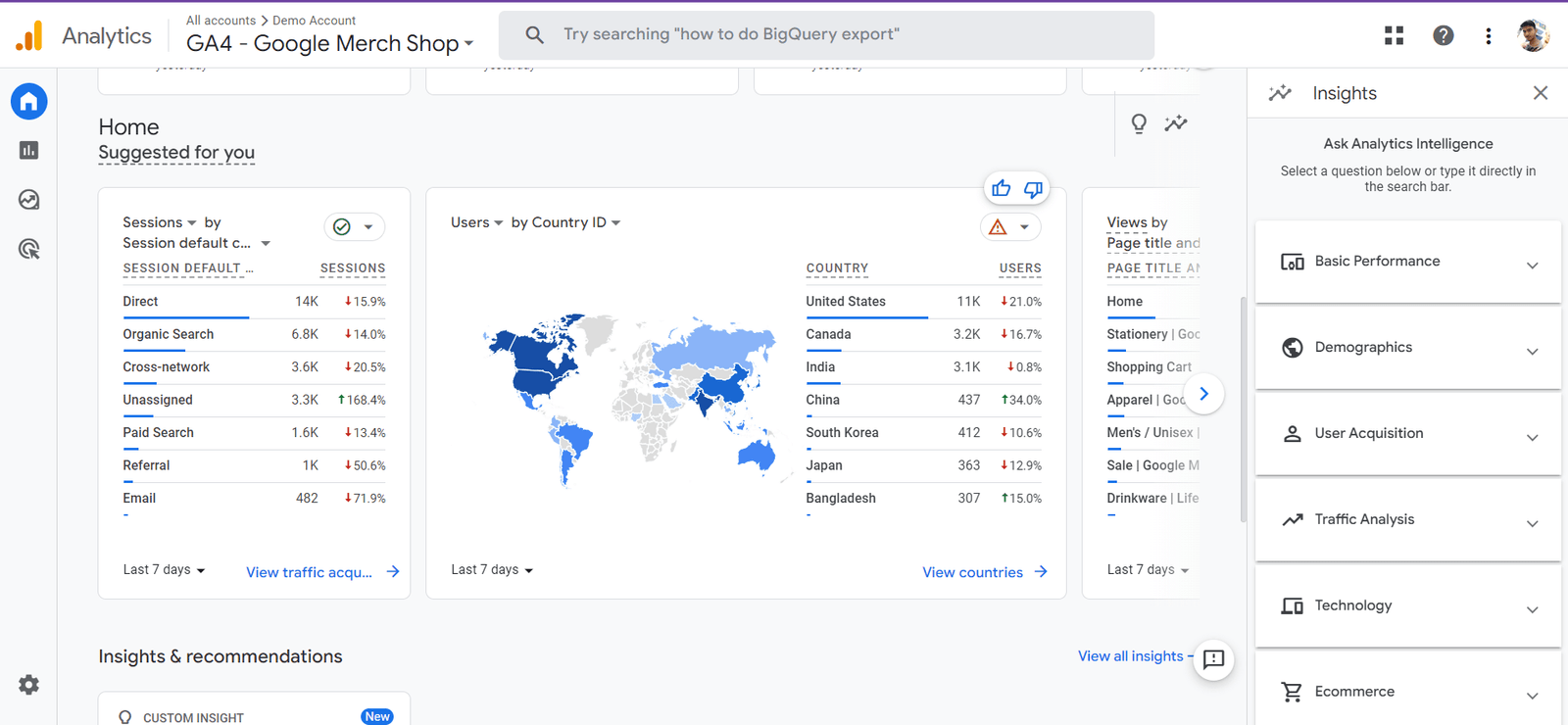
AI in Ad Targeting and Bidding
AI is also making waves in ad targeting and bidding. Google Ads has introduced auto ads, which automatically select keywords and show ads to your target audience. While auto ads are not very powerful at present, they are expected to improve as the AI gets trained with more data.
Moreover, there are AI tools available that can automate bidding for you. All you need to do is set up the tool, and it will handle everything automatically.
The Future of AI in Digital Marketing Challenge
While these advancements in AI are exciting, they also pose a challenge for digital marketers. As AI tools become more sophisticated and accessible, the competition in digital marketing is expected to intensify.
AI in Website Design and Social Media
AI tools are becoming increasingly sophisticated, capable of designing websites and running ads. They can even generate social media posts. However, this doesn’t mean that the role of marketers is diminishing. On the contrary, marketers play a crucial role in training these AI tools and ensuring they align with the business’s needs.
Chatbots
Chatbots are another area where AI is making significant strides. With the integration of technologies like GPT3, chatbots can generate human-like responses. However, the effectiveness of these chatbots depends on how well they are trained. If trained incorrectly, they could produce inaccurate or inappropriate responses.
Predictive Suggestions
AI can provide predictive suggestions to improve your website or ad campaigns. It can suggest changes to your website layout, content, or even your ad keywords. However, these suggestions need to be evaluated by a marketer to ensure they align with the business’s strategy and brand.
The Future of Digital Marketing
While AI is set to bring about significant changes in digital marketing, it’s not going to replace marketers. Marketers will still play a crucial role in making strategic decisions based on AI’s suggestions.
Internet Gurukul provides a comprehensive course on the future of artificial intelligence in digital marketing, including themes such as AI’s role, types, and effective application. Experienced professionals teach the course, which includes video lectures, interactive activities, and case studies. Students can use AI to run their own campaigns and track the outcomes. AI can be used to enhance digital marketing initiatives by personalizing marketing experiences, targeting the most likely clients, developing effective content marketing campaigns, and increasing website SEO rankings. Businesses may improve targeting, personalization, and effectiveness by implementing AI into digital marketing, resulting in improved conversion rates and ROI. The Internet Gurukul course is an excellent resource for anyone interested in learning how to employ artificial intelligence in their digital marketing operations.
I’m glad you found the information useful! Remember, understanding the concepts is key to leveraging AI in digital marketing. If you have any more questions or need further clarification, feel free to ask.
Also, it’s great to hear that you’ve created a free digital marketing course. Sharing knowledge is a wonderful way to contribute to the community. Keep up the good work!
Read more:- New Things to Learn if you are in the Digital Marketing Field
Goodbye, take care, and Jai Hind Vande Mataram! 😊

